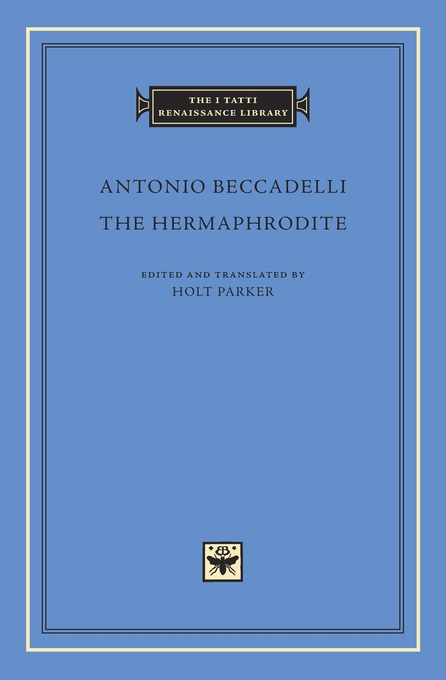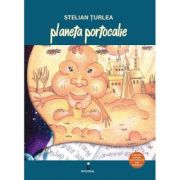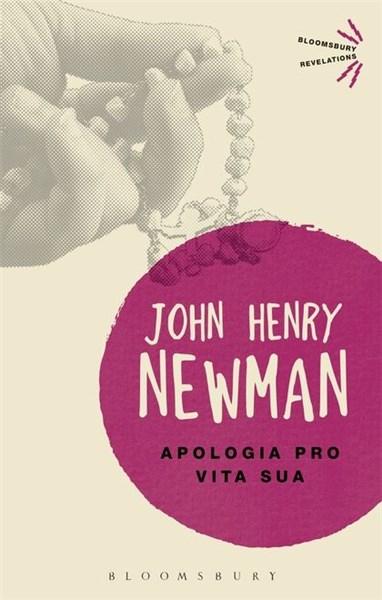- Informatii telefonice:(+40) 748 400 200
The Hermaphrodite | Antonio Beccadelli
Cod intern: xsales_1388571Producator: Harvard University Press
Vizualizari: 33 / Achizitii: 25
Stoc: In stoc
Pret: 196.0 RON
Acest produs este publicat in categoria Librarie la data de 15-03-2025: 10:03 si vandut de Carturesti. Vanzatorul isi asuma corectitudinea datelor publicate. ( alege finantarea potrivita )
-
Produs cu garantie
-
Livrare direct din stocul fizic al Carturesti
-
Retur gratuit minim 14 zile de la data achizitiei
Antonio Beccadelli (1394–1471), known as Panormita from his native town of Palermo, was appointed court poet to Duke Filippo Maria Visconti (1429), crowned poet laureate by Emperor Sigismund (1432), and ended his days as panegyrist to King Alfonso V of Aragon and Naples, where he founded the first of the Renaissance Academies. The Hermaphrodite, his first work (1425–26), dedicated to Cosimo de’Medici, won him praise and condemnation. Beccadelli was a pioneer in revitalizing the Latin epigram for its powers of abuse and louche eroticism. Its open celebration of vice, particularly sodomy, earned it public burnings, threats of excommunication, banishment to the closed sections of libraries, and a devoted following. Likened to a “precious jewel in a dunghill,” The Hermaphrodite combined the comic realism of Italian popular verse with the language of Martial to explore the underside of the early Renaissance.



























Scrie parerea ta
The Hermaphrodite | Antonio Beccadelli
Ai cumparat produsul The Hermaphrodite | Antonio Beccadelli ?
Lasa o nota si parerea ta completand formularul alaturat.
Antonio Beccadelli (1394–1471), known as Panormita from his native town of Palermo, was appointed court poet to Duke Filippo Maria Visconti (1429), crowned poet laureate by Emperor Sigismund (1432), and ended his days as panegyrist to King Alfonso V of Aragon and Naples, where he founded the first of the Renaissance Academies. The Hermaphrodite, his first work (1425–26), dedicated to Cosimo de’Medici, won him praise and condemnation. Beccadelli was a pioneer in revitalizing the Latin epigram for its powers of abuse and louche eroticism. Its open celebration of vice, particularly sodomy, earned it public burnings, threats of excommunication, banishment to the closed sections of libraries, and a devoted following. Likened to a “precious jewel in a dunghill,” The Hermaphrodite combined the comic realism of Italian popular verse with the language of Martial to explore the underside of the early Renaissance.
Acorda un calificativ